Social prescribing enables health professionals, such as doctors, to refer people to a range of local, non-clinical activities and services, often run by charities and community organisations, that can help them gain control over their health and wellbeing.
Westminster’s Social Prescribers are employed and managed by One Westminster.
We talked with Concia Albert at One Westminster about how they revolutionised reporting and analysis of life-changing social prescriptions to make a strong case for sustaining funding for this vital borough service.
Challenge: No access to data in an integrated system
One Westminster do not have access to integrated software typically used by the healthcare workers they work with, such as Elemental or Simply Connect, to manage and track their own relationships, notes of conversations and details of social prescriptions with residents.
Concia set up spreadsheets for each social prescriber as a way of capturing vital data, without which social prescribers would be unable to triage patients and link them to appropriate activities and services.
“The key in social prescription is the link to activities, to services, as well as bringing together all of the agencies that are in someone’s life and be able to sit in the centre of that person’s story alongside them and support them to get the best help that they can to prevent, in a sense, further chaos.”
“It works well, and the social prescribers are really happy that they're able to track the patients and to be able to put the notes in.
But we found, because each person writes things slightly differently or they moved columns around, that it became a little bit impossible to get data out and get it organized in a way that the whole service looks the same.
It was organized in the sense that everyone had their own page, but they all did slight tweaks to their pages, which meant that I couldn’t link data together and pull it out at the other end”.
“One of the things I wanted to do was to see where we were and to produce a report and to be able to have something that showed the complexity of what we've had to do.”
It was a tough ask of the data.
Social prescribers started in role at the start of the pandemic, pivoting quickly to online delivery, then to a hybrid model to finally to being fully integrated in their Primary Care Networks and Mental Health Hubs.
“We wanted to share the impact of social prescribing in a year that was very challenging for everybody. As well as the inception of social prescribing and what that looks like in Westminster”.
Solution
Datawise London’s Alice Linell supported Concia to organise the data in the spreadsheets and link the data together. This meant that key metrics could be brought into one page, to make analysing and reporting easier.
What did that mean for Concia?
“Well, I think Alice is a genius. That's the first thing.
She quickly understood what the problems were and what I needed to do, and she took her time to really grasp that before we began to work.
I thought that was really helpful because rather than starting on the spreadsheet, we started to understand what I needed and how it would help and what the outcomes will be.
Alice was then able to remotely support me in making the spreadsheet smarter so that it can do the things that we wanted it to do, which was pulling out the data.
Key take-away
“I really wanted them [social prescribers] to have freedom in the way that they manage their spreadsheets, and I was happy for them to move things around to suit them in the beginning.
But I think after doing this exercise with Alice and getting it to where we wanted it to be it was that recognition of ‘Oh no, it does need to be tightened up a little bit to keep the data flowing in in the way that will be helpful for the whole program’.
So one of my learnings were that I am a very flexible person, but there are times that I need to be a little bit less flexible when it comes to things like spreadsheets if we're going to analyse the data.
How has it been received by the social prescribing team?
“I think the first moment when they all saw the revisions it was a little bit challenging, not for everyone, but for a few, but for the future it just means that everything is a bit more systematic.
And that was the key. That's what we really needed to get to. For it to be in a system that we can all use and it being helpful”
Biggest impact
How did it feel?
“A sense of calm.
And knowing that I can pull things off in the way that I want, and it being much easier to do rather than trying to go to many different spreadsheets and pull things out here and there, counting things one by one.
It has changed and made things quicker for me because before it would take a long time to pull off some of this data.
Creating the master spreadsheet has made a big difference".
The report itself was also well received by interested parties in the borough, including the Council, Primary Care Networks and voluntary sector organisations.
Next steps for One Westminster
"We are hoping to move over to an online-based management system.
But without the data being sorted as it was, it would then make the next move more difficult: so it was really important that we did that work with Alice”.
